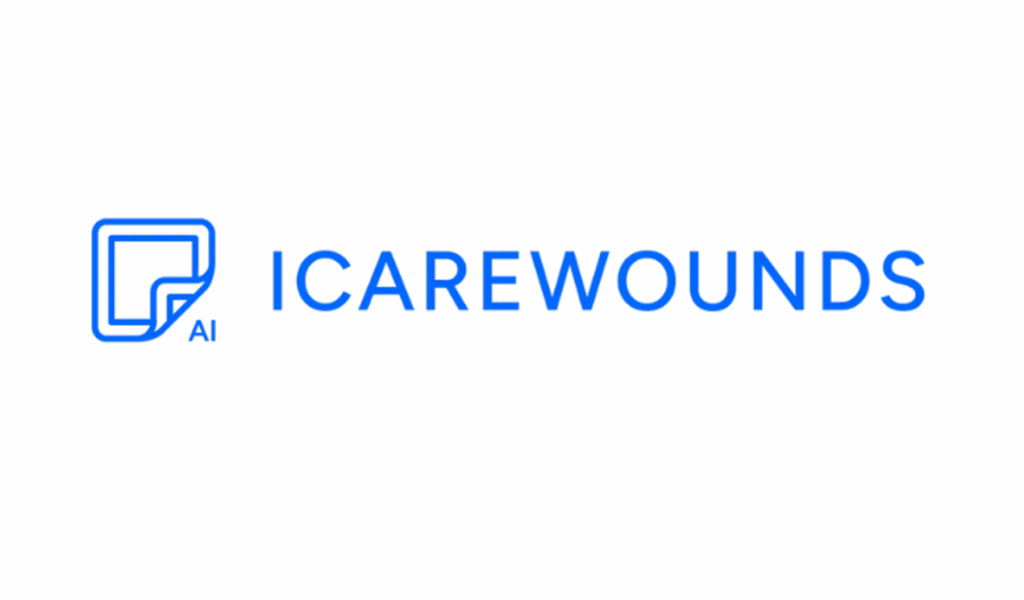
ICAREWOUNDS develops an integrated care model (IC) for the management of chronic wounds (CW). Chronic wounds are a major concern for the healthcare system, as their financial burden is estimated to account for 5% of total healthcare spending. Furthermore, the management of CW is highly complex. The presence of different tissues, healing levels, and factors such as the patient’s skin type determine the clinical strategy and the dressings to be used. Although there are many experts in CW, these patients are often treated by non-expert professionals in primary care.
The ability of these professionals to make the most appropriate clinical decisions is limited, leading to significant variability in CW management and making recovery more difficult, prolonged, and notably more expensive. The main goal of the project is to design, deploy, implement, and validate an integrated care (IC) model that will facilitate the sustainability and efficiency of CW management. ICAREWOUNDS will (1) place the patient at the center, enabling personalized care, (2) empower non-expert doctors with tools to optimize the care provided and resource usage, (3) enable communication/collaboration across care levels and continuous care delivery, and (4) prevent the occurrence of adverse events.
eHealth and Trusted Artificial Intelligence
The ICAREWOUNDS model will be based on a CW management platform that integrates new and existing eHealth technologies and Trusted Artificial Intelligence, enabling (1) the capture of data, including wound images, (2) data interoperability using healthcare standards (FHIR), (3) the automatic extraction of CW features through deep learning algorithms, and (4) decision support for non-experts to provide personalized patient care. The project will also evaluate the clinical and economic impact through an intervention clinical study. Additionally, the project will demonstrate the transferability of the integrated care model by deploying the intervention at four clinical sites (Ireland, Poland, and Spain), which will help identify barriers and facilitators to integrated CW care.
Research at Multiple Levels
ICAREWOUNDS’ ambition requires research activities at multiple levels. First, the consortium needs to understand the scope of the integrated care model and how to influence policymakers and health authorities to adopt it. Therefore, research on health policies and healthcare systems will be conducted using both qualitative and quantitative methods. Secondly, Health Technology Research will be implemented. The technology will be designed, developed, and validated in the intervention study, where relevant stakeholders will participate in a co-creation process to improve its acceptability and user experience. Additionally, ethical, security, privacy, and regulatory issues concerning medical devices will be explored. Finally, social and economic analyses will be conducted to understand the determinants of the care model and raise awareness of its potential impact.
The project aims to create valuable impact for the healthcare community and society. It will analyze the barriers and facilitators to integrating CW care, generating guidelines for deploying similar solutions in other countries. Furthermore, the socio-economic impact of the intervention will be evaluated, shedding light on the sustainability of the model and raising awareness of the need for new policies and strategies at the European level. Moreover, intelligent CW management has the potential to improve clinical outcomes and the quality of life for millions of patients (reducing recovery time and suffering), as well as for their families and caregivers. Finally, the project will demonstrate the impact of an intervention using technologies that could become products and services, creating opportunities for innovation and technology transfer, which could have a positive impact on the European economy and competitiveness.

